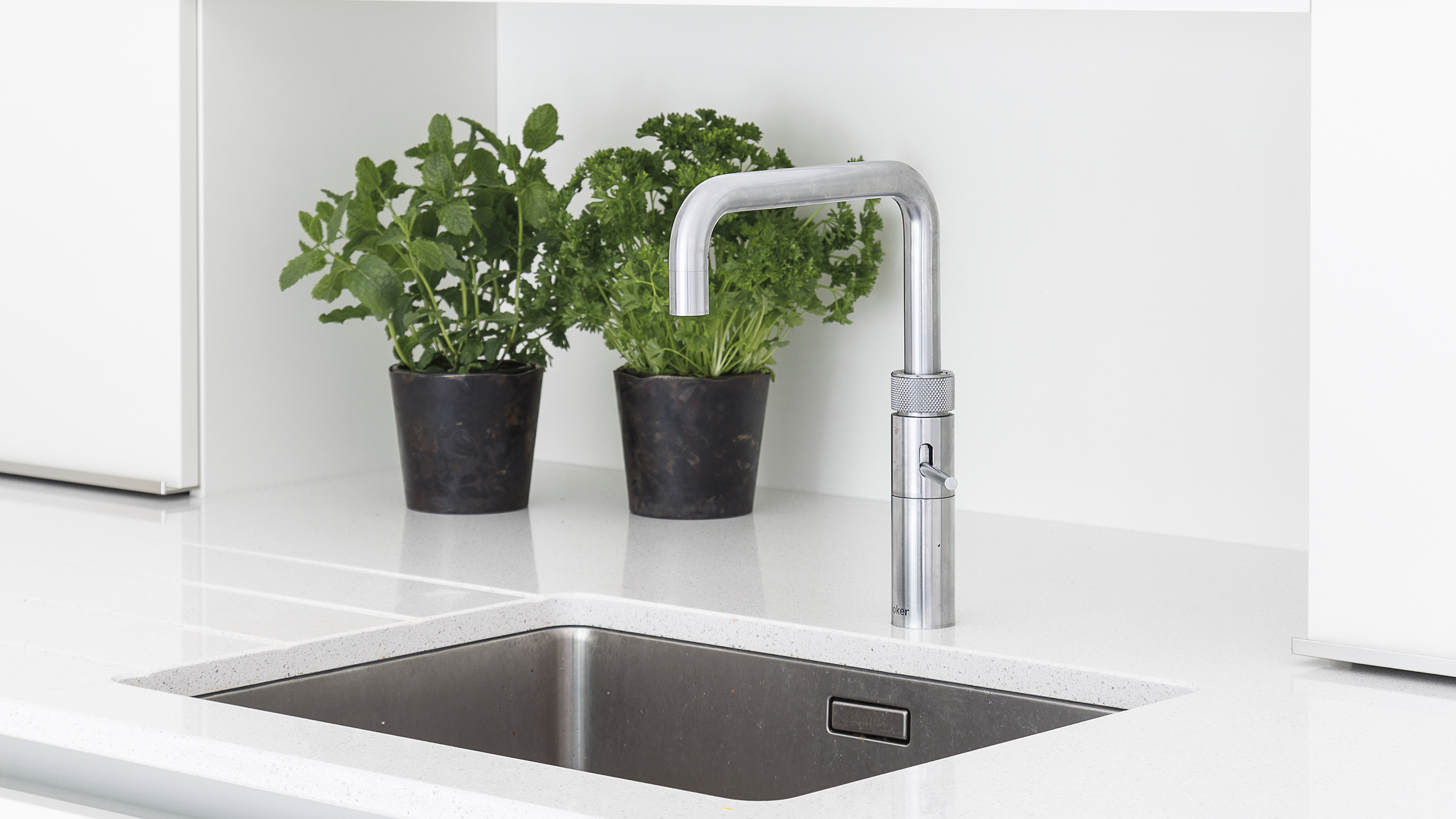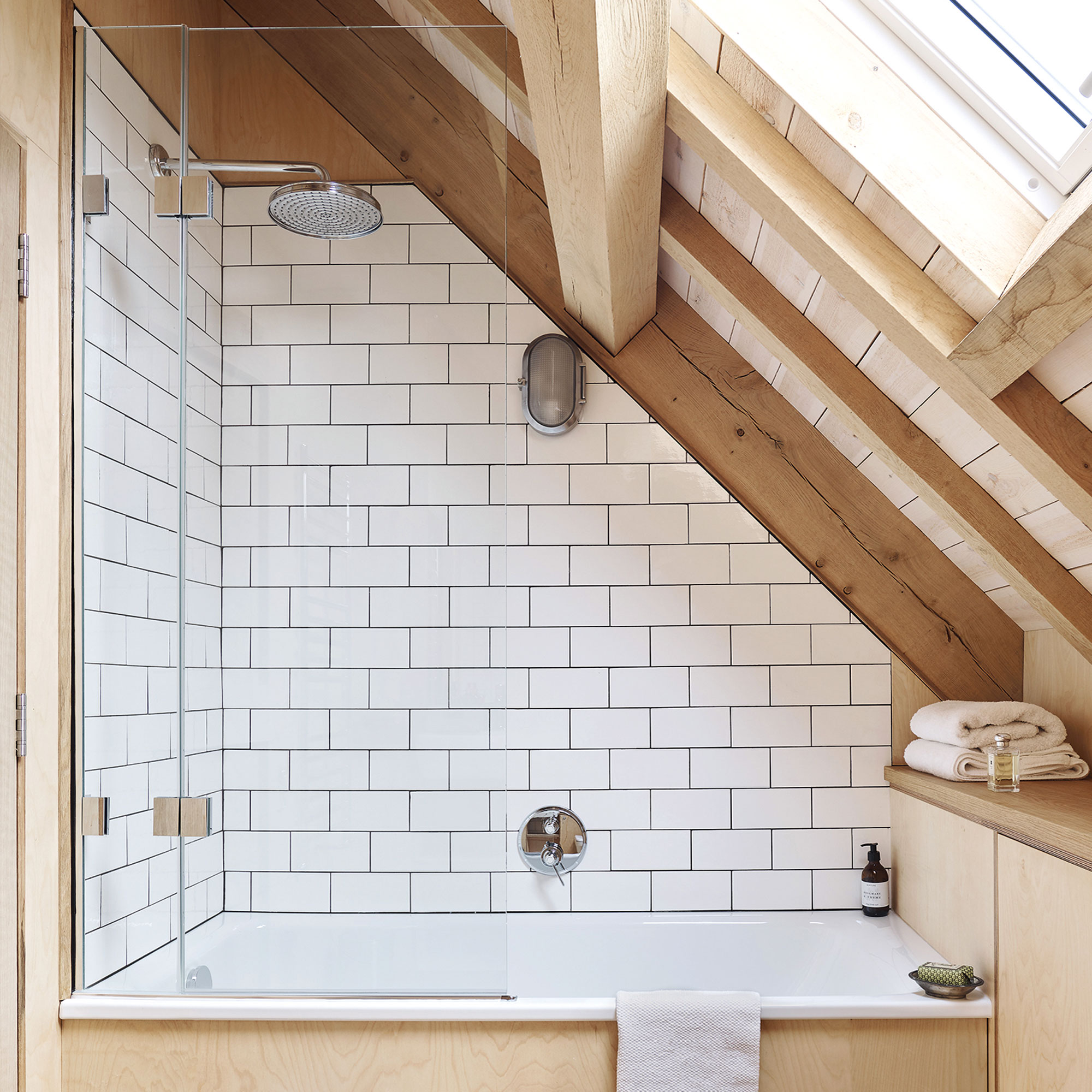Water bills to rise by an average of £94 over 5 years - this is how your region will be affected
Everything you need to know about Ofwat's proposed water bill increases


Household water bills will rise by an average of £94 over the next five years under proposals by Ofwat, the water body regulator.
This new increase to water bills works out to around £19 a year, or an average 21 per cent increase. The announcement was shared by Ofwat as part of its 2024 Price Review which is based on a review of company business plans. The proposal is now in a consultation process, and Ofwat will publish its final decisions on 19th December 2024.
Here is how annual water bills will be impacted in different regions if Ofwat's proposal goes through:
| Company | Average annual bill in 2029-30 | % Change from current price |
| Southern Water | £603 | 44% |
| Hafren Dyfrdwy | £524 | 32% |
| Dŵr Cymru | £603 | 29% |
| Yorkshire Water | £537 | 25% |
| Severn Trent Water | £496 | 23% |
| Thames Water | £535 | 23% |
| United Utilities | £536 | 21% |
| Portsmouth Water | £135 | 18% |
| South Staffs Water | £183 | 14% |
| Anglian Water | £557 | 13% |
| South West Water | £561 | 13% |
| Northumbrian Water | £460 | 11% |
| South East Water | £248 | 8% |
| Affinity Water | £203 | 6% |
| Wessex Water | £497 | -2% |
| SES Water | £187 | -15% |
However, these proposed numbers are lower than water companies had suggested. Overall companies proposed water bill increases averaging £144 over five years. For example, Thames Water had proposed an increase of £191 by 2030, but this has been reduced to £99, and Severn Trent's proposal of £144 has been reduced to £93.

Many water companies have hit back at the regulator calling out the proposals for not being enough to 'deal with the water shortages we now are coming'. A spokesperson for industry group Water UK said:
'Today’s announcement is the biggest ever cut in investment by Ofwat. If it doesn’t put this right Ofwat will be repeating the mistakes of the past. As a direct result, more housing will be blocked, the recovery of our rivers will be slower and we will fail to deal with the water shortages we know are coming. Water companies proposed to invest £105 billion because it is the minimum needed to meet the legitimate concerns we’ve heard from the public about our environment and our economy.'

Ofwat says it has allowed a spending package of £88bn by water companies, which is £16bn lower than in companies' business plans. It says that it believes this reflects Ofwat's analysis of their company plans and removed or reduced costs where expenditure is insufficiently justified, inefficient or for things companies have already been funded.
Sign up to our newsletter for style inspiration, real homes, project and garden advice and shopping know-how
David Black, Chief Executive at Ofwat has said: 'Our draft decisions on company plans approve a tripling investment to make sustained improvement to customer service and the environment at a fair price for customers.'
Water companies can challenge this proposed bill increase during the consultation process. If you're worried about rising bills there are many ways you can save money on water bills including cutting showers short and using grey water around the house.
The final decision will be announced at the end of this year.

Rebecca Knight has been the Deputy Editor on the Ideal Home Website since 2022. She graduated with a Masters degree in magazine journalism from City, University of London in 2018, before starting her journalism career as a staff writer on women's weekly magazines. She fell into the world of homes and interiors after joining the Ideal Home website team in 2019 as a Digital Writer. In 2020 she moved into position of Homes News Editor working across Homes & Gardens, LivingEtc, Real Homes, Gardeningetc and Ideal Home covering everything from the latest viral cleaning hack to the next big interior trend.